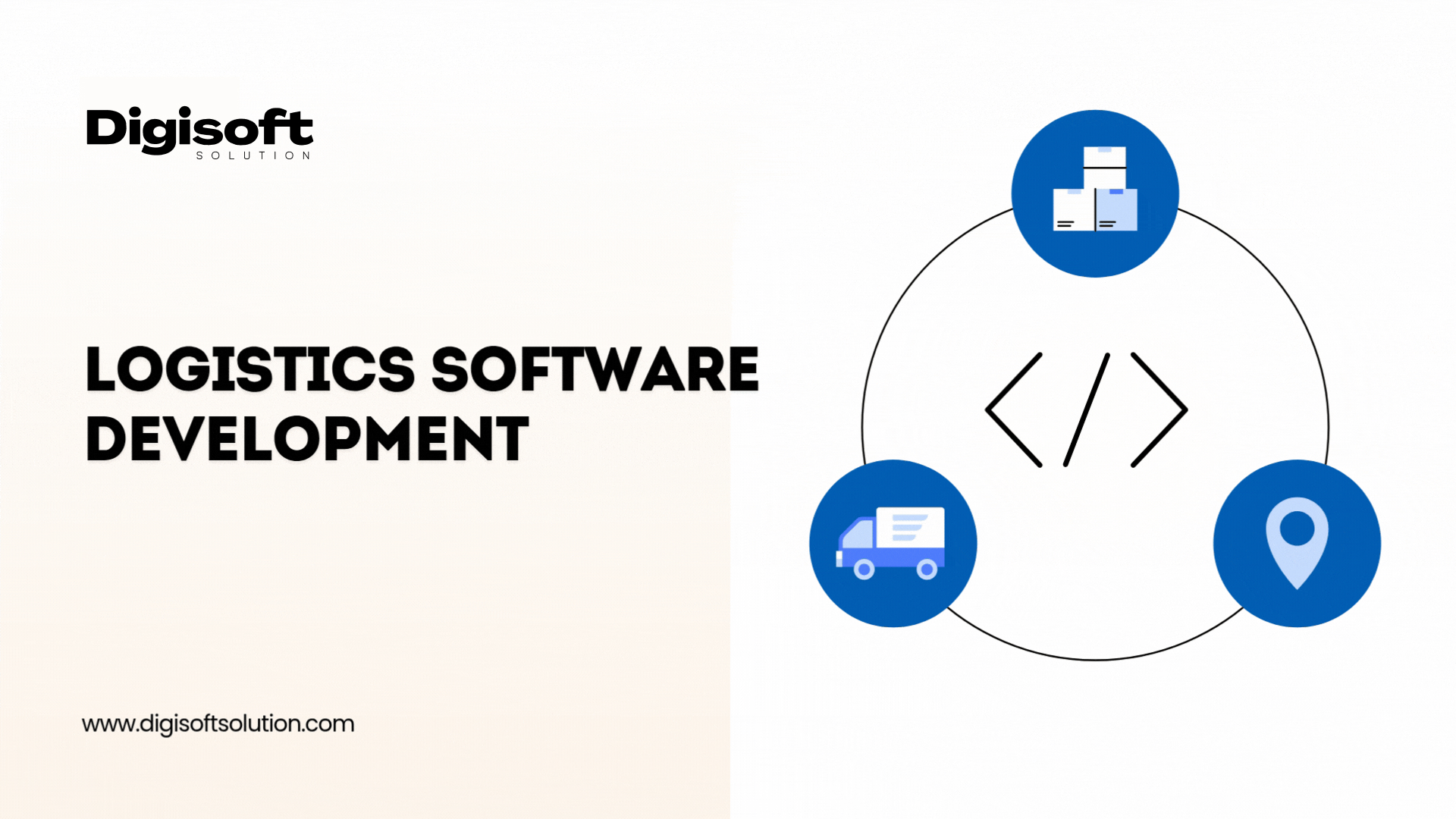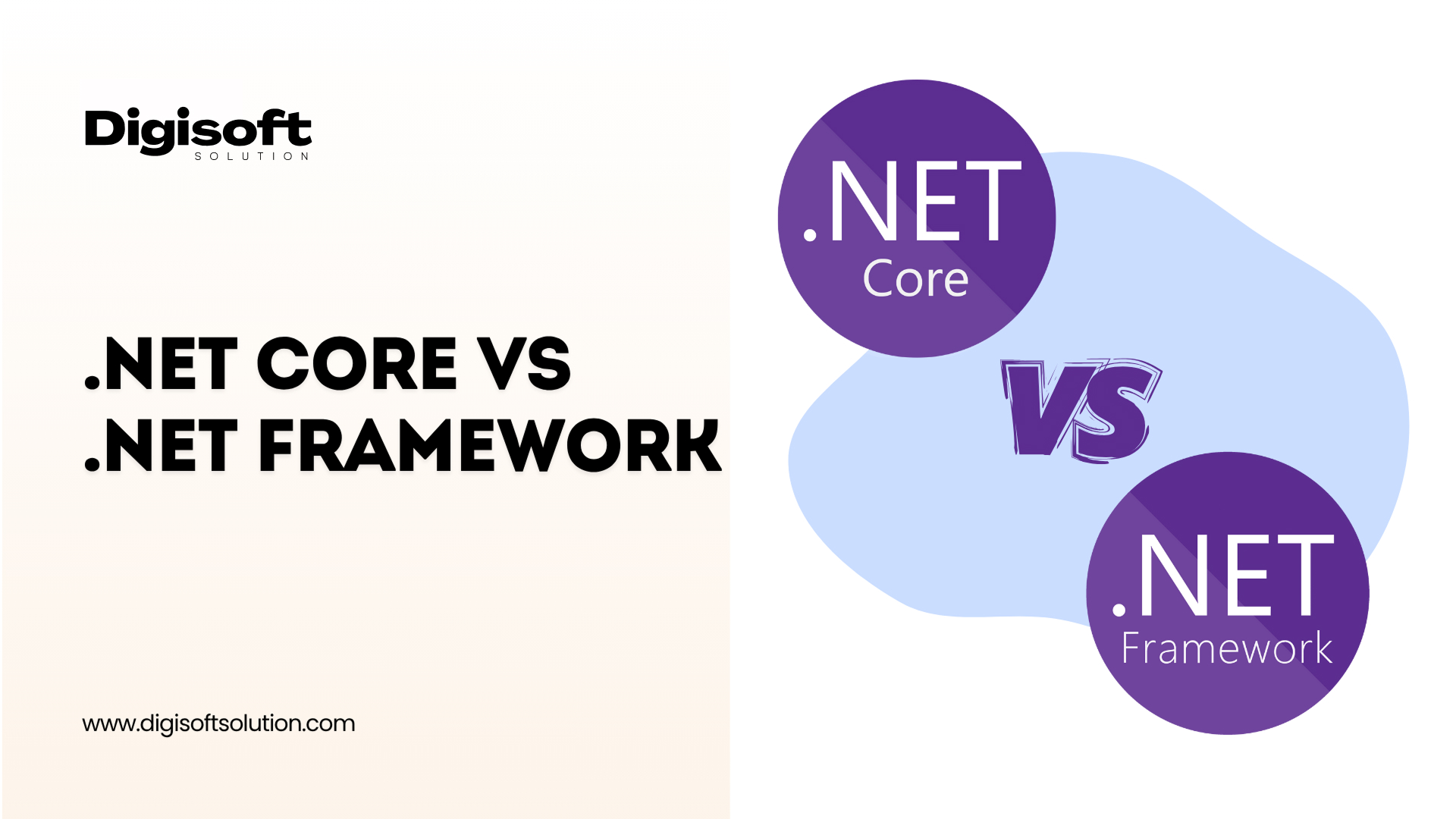Table of Content
Digital Transform with Us
Please feel free to share your thoughts and we can discuss it over a cup of coffee.

Hiring skilled .NET developers is critical for tech startups and small businesses, but finding affordable talent can be a major hurdle. Offshore development contracting programmers in another country has become a popular solution. Offshore development “involves hiring software development teams from a different location or country, usually to reduce costs or tap into a specific skill set” India, in particular, is a top destination for offshore .NET development due to its large, skilled workforce and cost advantages. This guide explains how hiring .NET developers in India can address common concerns (cost, quality, communication) and highlights best practices and solutions to ensure success.
Why Hire Indian .NET Developers Offshore?
India offers a unique combination of advantages for offshore development
- Cost savings: Indian developers command significantly lower rates than North American or European counterparts. In fact, outsourcing .NET development from India “can reduce costs up to 60% without compromising on the quality of development”. Lower labour rates and reduced overhead (no need for office space or benefits) mean startups can redirect funds to core activities like marketing or R&D.
- Deep talent pool: India produces millions of IT graduates each year. Many Indian .NET programmers hold Microsoft certifications and have strong experience with C#, ASP.NET, .NET Core and related technologies. One source notes that India “boasts a huge talent pool of skilled workers… India has thousands of certified .NET developers that excel at application development. Many of these are certified by Microsoft…”. Access to this large pool means you can find specialists in everything from web services to mobile apps.
- English proficiency and cultural fit: Indian developers often have excellent English skills and experience working with international clients. This helps minimize language barriers. Moreover, India’s IT industry is accustomed to working with Western companies, so cultural differences are usually manageable. In fact, 80% of US and European outsourcing firms consider India their #1 offshoring destination, citing familiarity and fit with Western business practices.
- Time zone overlap: India’s time zone overlaps substantially with US and European business hours. This overlap allows for live collaboration on critical tasks. As one industry analysis notes, Indian teams can be “capable of 24/7 availability,” ensuring continuous progress on projects. By scheduling a few overlapping hours each day, development can proceed almost around the clock.
- Scalability and flexibility: Working with an offshore development team allows startups to quickly scale the size of the team. For example, if a project suddenly needs more developers, you can ramp up the team without the delays of local hiring. Conversely, you can scale down easily when work slows. Outsourcing India gives this flexibility, often on short notice.
These factors make India a compelling choice. A recent survey highlights India’s prominence: “80% of US and European outsourcing firms see India as their No.1 offshoring destination”. In short, India combines affordability, high-quality talent, and proven offshore processes, making it ideal for hiring .NET developers.
Addressing Common Concerns
While offshore development in India offers many benefits, it’s natural to have concerns about quality, communication, and reliability. Here’s how to solve these problems:
- Ensuring High Quality: A common worry is that lower costs might mean lower quality. In practice, top Indian developers are highly skilled, but you must enforce standards. Start by defining clear quality objectives (e.g. code coverage targets, defect rates) and review processes. Embed QA into the process: Include dedicated testing and QA engineers from day one to catch bugs early. Use automated testing and continuous integration (CI/CD) tools to enforce coding standards and catch regressions quickly. According to industry research, a strong QA process can “improve product quality by 65%” and “reduce post-release defects by 30%” in outsourced projects. Encouraging collaborative practices (like pair programming and code reviews) also helps maintain consistent quality across distributed teams.
- Communication and Collaboration: Geographical separation can lead to misunderstandings or delays. To overcome this, establish structured communication routines. Schedule regular video conferences (daily stand-ups or weekly meetings) so the offshore team stays aligned with your expectations. Use real-time chat tools (Slack, Teams) for quick queries, and project management tools (Jira, Trello) to track tasks. Clearly document requirements and decisions in shared tools (like Confluence or Notion) so nothing gets lost in long email threads. Many companies also set up overlapping work hours to enable live collaboration. For example, agreeing on 2–4 hours of daily overlap ensures you can have real-time discussions. This strategy using video calls, chat, and a few overlapping hours has proven effective in bridging time-zone gaps.
Strong communication practices are vital. Offshore teams use tools like Slack, Teams, and Zoom for daily coordination. - Vendor and Talent Reliability: Not all outsourcing vendors are equal, so vetting is critical. Do your homework: interview multiple candidates, request portfolios of past work, and ask for references. As one expert advises, conduct extensive interviews with the developer or firm’s existing staff to verify expertise. Ensure any provider can sign a detailed contract covering deliverables, deadlines, and IP rights. In India, reputable companies follow established protocols. For example, Indian offshore firms typically use written agreements and standard legal procedures to prevent misunderstandings. This reduces the risk of fraud: “no mischief and fraud… the contract will include all the work, payments, project delivery times, and other essential details”.
- Project Management and Culture: Employ good project management discipline. Define clear objectives and milestones upfront, and assign a project manager (even if they’re remote) to be the single point of contact. Agile methodologies (Scrum or Kanban) work well for offshore teams, providing frequent feedback loops. Also be mindful of cultural differences: encourage respect and learning on both sides. Generally, Indian developers adapt well, but spending a little time on cross-cultural training or team-building can go a long way.
Overall, the key is to treat your offshore team as an extension of your company. With transparent processes and the right tools, most challenges can be minimized. For instance, many teams schedule overlapping “core hours” and keep thorough documentation, so everyone knows who is responsible for what. This structured approach effectively “minimizes ambiguity” and keeps projects on track.
Best Practices for Offshore .NET Development
To maximize success, follow these proven practices:
- Define Clear Requirements. Before coding starts, document detailed requirements and priorities. Use user stories or specifications, and get alignment on scope. Clarity up front reduces rework later.
- Vet Your Partner Thoroughly: Choose an outsourcing firm or developers with a strong track record. Check their experience with .NET, look at past projects, and confirm they have the exact skills you need (e.g. ASP.NET Core, MVC, Web API, Azure). Ask them to demonstrate coding standards and problem-solving skills.
- Use the Right Engagement Model: Decide whether you need one full-time developer, a part-time contributor, or a dedicated team. Indian firms often offer flexible models (hourly, monthly, project-based). For a startup, a dedicated team model can be effective, as it provides a set of developers (including a project manager and QA) focused on your project.
- Maintain Regular Communication: As noted, schedule meetings and status updates. Share progress reports and solicit feedback frequently.
- Enforce Quality Gates: Integrate automated unit tests and require code reviews for each feature. Use CI/CD pipelines so that code is built and tested with every change. This ensures high standards and early detection of issues. Many Indian development teams already follow these industry practices.
- Manage Time Zones Strategically: Take advantage of time zone differences. For example, US teams can use late afternoons for calls, which is early morning in India. This way, any issues raised can be addressed by the start of the Indian day.
- Security and IP Protection: Use secure VPN connections and enforce access controls. Draft a clear NDA or contract clause on intellectual property ownership. Most professional Indian firms understand IP rules and will comply with international security standards.
By combining these best practices, offshore projects can run smoothly. In many cases, offshore .NET teams can even deliver projects faster than an in-house team because multiple geographies allow around-the-clock progress.
Benefits in Practice
When done correctly, offshore .NET development pays off. For example:
- Faster Time-to-Market. With a full offshore team working in parallel, development cycles can shorten. The availability of skilled developers means you can launch features quickly, keeping up with aggressive startup timelines.
- Access to Specialized Skills: Suppose you need a developer with expertise in .NET Core microservices or Azure cloud deployment. Offshore India has niche specialists in many areas. Offshore developers often work on diverse international projects, giving them a broader perspective. In fact, outsourcing to India gives you “access to niche skills” (AR/VR, IoT, etc.) and up-to-date knowledge of the latest tools, which can elevate your product’s capabilities.
- Focus on Core Business: By handing off development tasks, your internal team can concentrate on strategy and business growth. One analysis highlights that outsourcing lets your core team “focus on core functions of the business while technical experts handle development”. This division of labor can accelerate overall business progress.
- Risk Mitigation: Contrary to fear, a good offshore partner actually reduces risk when managed properly. Professional firms in India use formal processes, legal contracts, and transparent reporting to protect your investment. Many companies treat offshore teams as an official extension of their company, not a chaotic unknown.
Overall, offshore .NET development offers value for money high-quality output at lower cost and strategic flexibility. As one source summarizes: offshore teams bring “global experience, and flexibility, debunking the myth of compromised standards”. With the right partner, cost savings come without sacrificing quality or control.
Choosing Digisoft Solutions as Your Offshore Partner
Given the importance of partner selection, here’s why Digisoft Solutions stands out for hiring .NET talent in India:
- Deep Expertise (13+ years): Digisoft has over a decade of experience in .NET development. Our teams have delivered hundreds of projects (over 200 projects delivered to date) for clients worldwide. This track record shows we know how to turn visions into working software.
- Skilled and Certified Developers: We employ many seasoned .NET developers (including Microsoft-certified experts) who excel in C#, ASP.NET MVC, Web API, Azure, .NET Core, and more. These developers bring “unmatched knowledge of C#, ASP.NET, .NET Core and more” to every project. Each team member is vetted to ensure they follow industry best practices and coding standards.
- Dedicated Team Model: Digisoft offers dedicated development teams, meaning you get a stable group of engineers (and a project manager) focused solely on your project. This model provides the benefits of an in-house team with the flexibility of outsourcing. We even integrate QA engineers into these teams to maintain high quality.
- Global Delivery Footprint: While based in India, Digisoft serves clients in the USA, Canada, Europe, and beyond. We understand your market’s requirements and have experience with various industries. Our project managers coordinate across time zones so that communication is seamless.
- Transparent Process and Support: We emphasize clear communication and management. You’ll have regular sprint demos, access to project tracking tools, and a single point of contact. As our clients note, this transparent approach helps them feel in control even while the team is offshore.
- Free Consulting: To ensure a good fit, Digisoft offers a free initial consultation. We’ll review your project needs and suggest the optimal team composition and approach. This no-risk consultation can help define a clear roadmap before you invest.
By partnering with Digisoft Solutions, you leverage our 13+ years of .NET specialization, top-tier Indian talent, and proven processes. Our clients value our 100% retention rate and long-standing relationships, meaning we focus on your success. If you’re looking to hire .NET developers offshore, explore our Hire .NET Developer service page for more details and to get started.
India’s developer talent is vast and certified. Digisoft’s teams include many Microsoft-certified .NET experts. who collaborate on code quality and follow rigorous QA processes.
Conclusion
For startup founders and CTOs, hiring offshore .NET developers in India can be a game-changing strategy. It solves the problem of accessing affordable, skilled talent without sacrificing quality. By following best practices defining clear requirements, choosing a reliable partner, maintaining tight communication, and enforcing quality standards you can overcome the usual challenges of offshoring. The result is a high-performing development team that fits your budget and helps you scale quickly.
Digisoft Solutions is ready to be your trusted partner on this journey. With our experienced .NET teams in India, you get dedicated engineers, global know-how, and a structured process (including free consultation) designed for success. If budget, quality, and communication have been holding you back, offshore .NET development may be the answer. Contact us today or visit our Hire .NET Developers page to learn how we can help turn your vision into reality.
Digital Transform with Us
Please feel free to share your thoughts and we can discuss it over a cup of coffee.
 Kapil Sharma
Kapil Sharma

 Parampreet Singh
Parampreet Singh































































































































